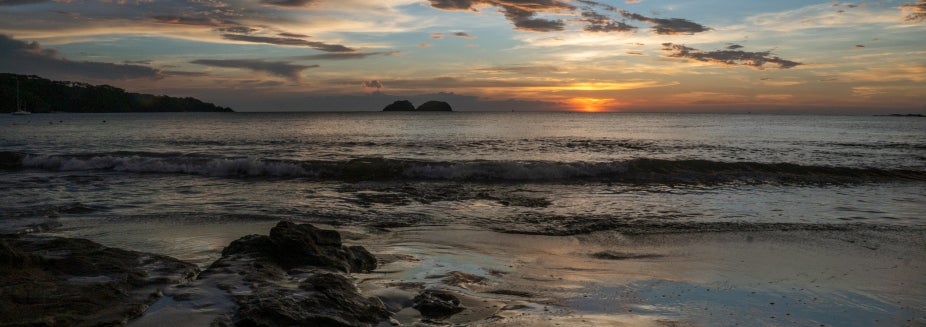Ocean and Coastal Sciences Careers

Ocean and Coastal Sciences Career Workshops Project 2021
This NSF-funded project offered a series of virtual events intended to benefit and to engage students of color and those from minoritized communities in the ocean and coastal sciences. Our events also attracted non-minority students beyond our target audience. The Coastal Society (TCS) and the National Center for Atmospheric Research (NCAR) collaborated on this project, which ended in March 2022.
What workshops and panels were offered?
| Date and Time | Topic |
|---|---|
|
Thursday, Nov. 18th: |
Ask Me About Grad School: A Conversation with Scientists
|
|
Thursday, Dec. 2nd: |
Finding and Applying for Jobs in the Ocean & Coastal Sciences
|
|
Thursday, Jan. 20th: |
Building a Support Network for Students of Color in the Ocean and Coastal Sciences
|
| Thursday, Feb. 3rd: 3 pm ET / 12 pm PT |
Non-academic Career Panel with Ocean and Coastal Science Professionals
|
*Not recordings of these exact events, but of similar recent events.
We also organized a special discussion with faculty at MSIs on Jan. 18th.
Why were we talking about jobs?
Jobs impact our survival, well-being, health and social status. Therefore, your job should not only pay the bills, but be personally fulfilling and rewarding. As minoritized students curious about the ocean and coastal sciences, you should have access and resources to pursue these jobs. In this project, we provided meaningful, effective guidance, employing the voices of people who have been there before.
If you have access but don’t know you have access, do you really have access?
- Elise Mason, Oct. 20, 2021
What were our goals?
We aimed: (1) To engage and support undergraduate and graduate students in pursuing a career in the ocean and coastal sciences; (2) To be honest about the difficulties of being a student of color or otherwise minoritized student in STEM education and work environments, and; (3) To partner with faculty and staff at MSIs in identifying student needs.
How did we working with faculty?
We learned from MSI professors about what they need to support you in your educational path and what you need. We also sought to connect MSI faculty in the ocean and coastal sciences with each other to create a network based on similar needs, experiences, and solutions.
Findings
Based on strong student registration and the continuing needs of MSI faculty, TCS and NCAR will continue aspects of this grant work. TCS will invite registrants for these four events to its own career workshops in the Margaret A. Davidson Coastal Career Development Program (www.thecoastalsociety.com ). NCAR will include the registrants in its work on research experiences for undergraduates, among other programs (NCAR link). NCAR and TCS also hope to tap MSI faculty and recent MSI graduates to speak at future events.
Some numbers from our work funded by NSF:
- 276 people registered for the four workshops; about 230 were unique individuals; 108 of those were individuals at MSIs
- 96 educational institutions were represented by the workshop registrants; 38 (40%) of them were MSIs
- The qualitative feedback from the two participant surveys was extremely positive
About Us
Elise Mason
Elise Mason graduated from the University of Rhode Island with a master’s degree in environmental science and management and a graduate certificate in community planning. She completed a B.S. in biology at the University of Massachusetts – Dartmouth in 2015. She was a contractor with NCAR and TCS for this project.
Valerie Sloan
Valerie Sloan is a glacial geologist who now works at the National Center for Atmospheric Research supporting students and faculty in workforce development. She is passionate about diversity and reducing barriers to those belonging to minoritized communities, including people of color, first generation students, students in the LGBTQ+ community and others. She loves getting to know and working with students.
Tom Bigford
Tom Bigford is a retired marine ecologist and habitat policy specialist. He retired from the National Oceanic and Atmospheric Administration in 2014 and from the American Fisheries Society in 2017. He has been active in The Coastal Society for 45 years, with strong interests in career development, internships, and mentoring. In recognition of his work with college students, the “TCS Thomas E. Bigford Best Student Paper Award” was named in his honor.